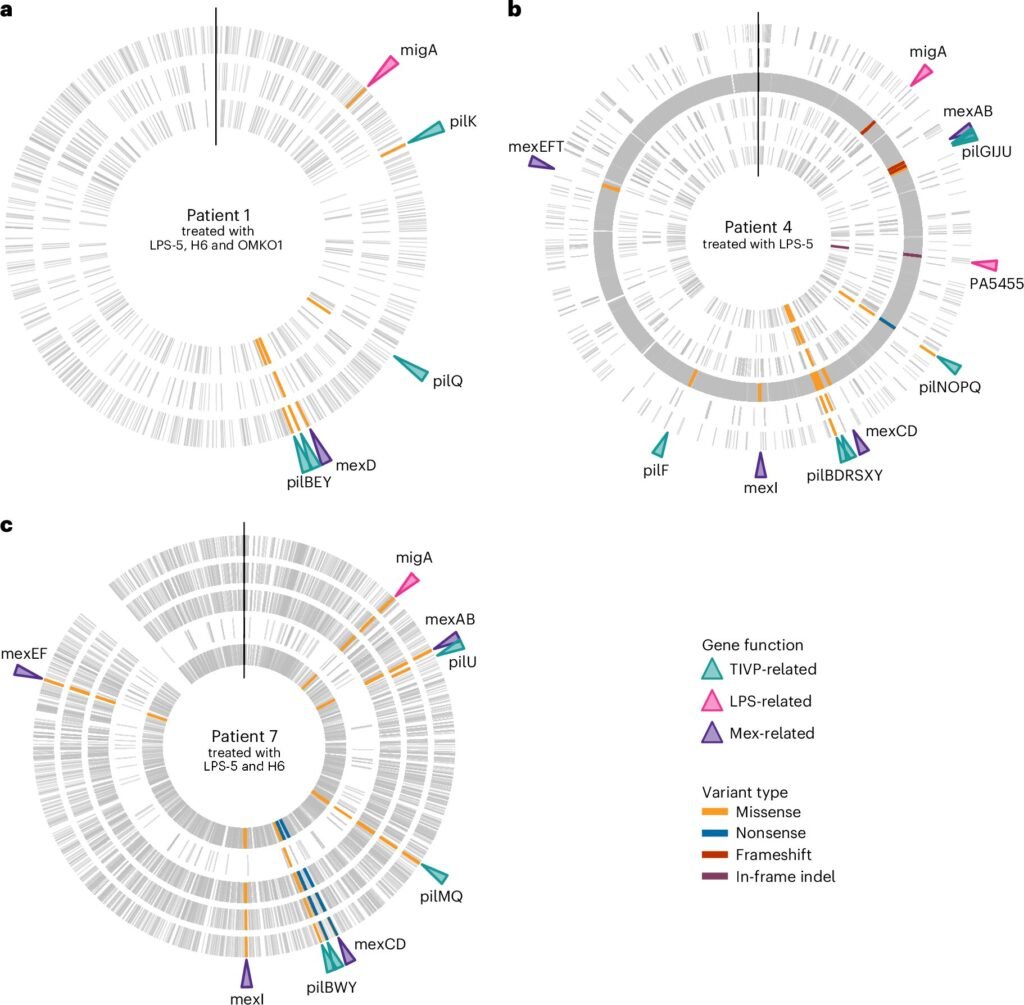Antimicrobial resistance is a growing global threat that poses challenges in treating infections caused by bacteria and fungi. When traditional antibiotics and medications fail to work, infections can become harder to manage, leading to an increased risk of disease spread and severity.
A recent study published in Nature Medicine by a team of researchers at the Center for Phage Biology and Therapy at Yale has unveiled a groundbreaking approach to combat antimicrobial resistance. The researchers explored the potential of phage therapy, a method that utilizes viruses called phages to target and eliminate bacteria, in treating patients with cystic fibrosis. This respiratory condition is notorious for its susceptibility to antimicrobial resistance.
The study introduced a novel strategy to select phages that not only kill infection-causing bacteria but also weaken the surviving bacteria, making them less virulent and resistant to antibiotics. The results of the study were promising, showing improved lung function, reduced levels of Pseudomonas aeruginosa bacteria in sputum (a common cystic fibrosis pathogen), and evidence of reduced pathogenicity in phage-resistant bacteria among the nine adults who underwent this therapy. The phage therapy was administered safely through nebulization.
Dr. Jon Koff, the corresponding author of the study and an associate professor at Yale School of Medicine, highlighted the urgent need for effective treatments for drug-resistant infections. With a projected increase in antimicrobial resistance-related deaths by 2050, the study’s findings offer hope for patients with life-threatening infections who have exhausted conventional treatment options.
Dr. Paul Turner, the Rachel Carson Professor of Ecology and Evolutionary Biology at Yale, emphasized the importance of addressing bacterial evolution and resistance to phages in personalized treatments. He stressed the significance of minimizing evolved phage resistance in bacteria to enhance patient outcomes.
The collaborative efforts of Yale’s multidisciplinary research teams, spanning basic, translational, and clinical sciences, were instrumental in driving this innovative approach to combating antimicrobial resistance. Dr. Naftali Kaminski, the Boehringer Ingelheim Pharmaceuticals, Inc. Professor of Medicine at Yale, commended the Center for Phage Biology and Therapy for its pivotal role in addressing the critical need for microbial drug resistance solutions.
Looking ahead, the research team is exploring partnerships with national and international organizations to establish phage therapy programs. By leveraging phage therapy to assist cystic fibrosis patients, the team aims to not only address the immediate crisis of drug-resistant infections but also contribute to a long-term solution for the global antimicrobial resistance pandemic.
In conclusion, the study’s findings underscore the potential of phage therapy as a transformative approach in combating antimicrobial resistance. By pioneering personalized treatments and advocating for coordinated care systems, the Center for Phage Biology and Therapy at Yale is at the forefront of revolutionizing infection management and patient outcomes.


